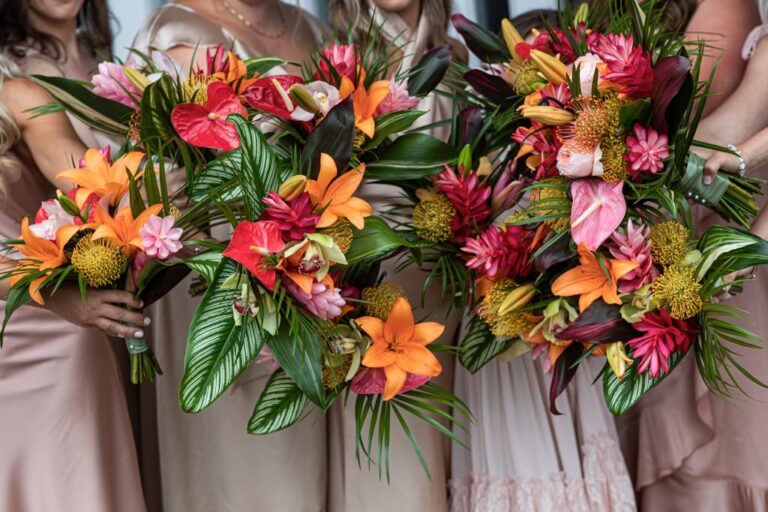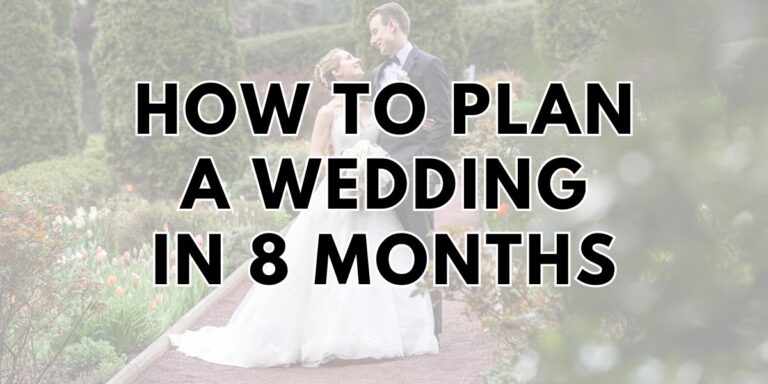12 Hidden Wedding Expenses (How to Plan For Them in 2025)
From unexpected vendor overtime fees to overlooked details like tips and permits, it’s easy for hidden wedding expenses to sneak up on you.
As a wedding photographer who’s worked on over 500 weddings, I’ve seen it all…and I’m here to help you avoid some of those budget surprises.
I hope some of these tips help.
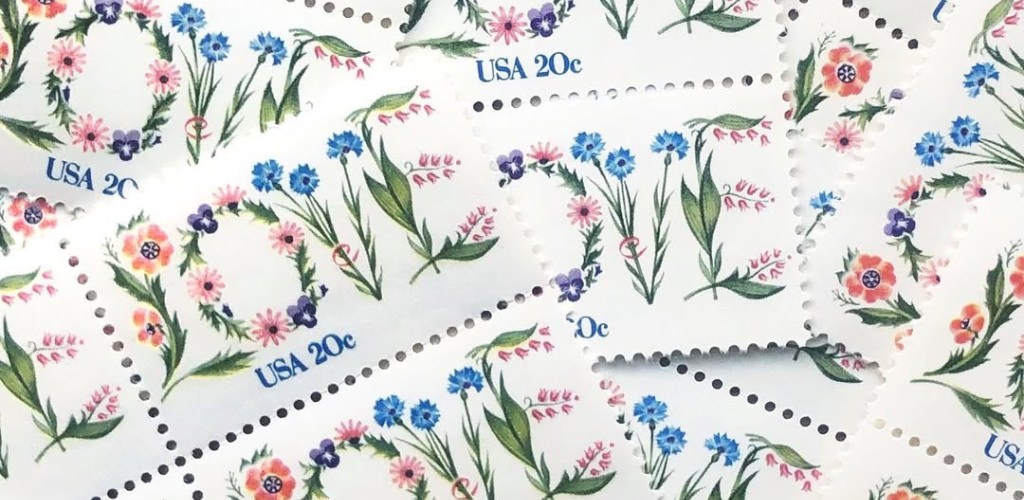
1. Postage Stamps: The Hidden Cost of Fancy Invites
When you’re planning your wedding, postage might not even cross your mind. But if your invitations are oversized, heavy, or uniquely shaped, the cost of mailing them can add up fast. Even simple things like adding RSVP cards or extra inserts can drive up the price.
How to Plan for This Expense:
- Weigh Before You Buy: Before ordering a big batch of invites, take a sample to the post office and find out how much postage will cost.
- Keep It Simple: Stick with standard-sized invitations to avoid extra fees. Square and oversized envelopes are pricier to mail.
- Go Digital: Consider sending some invites (like for friends or colleagues) via email to save on printing and postage costs.
2. Vendor Meals: Don’t Forget to Feed the Team
Your vendors work hard to make your wedding day amazing, and if they’re there all day, they’ll need to eat too! Most contracts require you to provide a meal for key vendors like your DJ, photographer, planner, and videographer. It’s something many couples forget to budget for, but it’s important to keep your team fueled and happy.
How to Plan for This Expense:
- Ask About Vendor Meals: When booking your caterer, ask if they offer discounted meal options for vendors. Vendor meals are often simpler and cheaper than guest meals.
- Get a Headcount: Double-check your vendor contracts to see exactly who needs a meal and how many you’ll need to provide.
- Schedule Their Break: Plan for your vendors to eat when you and your guests are eating. This way, they won’t miss capturing any key moments.
- Pack Snacks: Provide water and small snacks for vendors to grab throughout the day…it’s a thoughtful and inexpensive gesture.
By planning ahead, you can avoid last-minute stress and make sure your vendors feel appreciated.
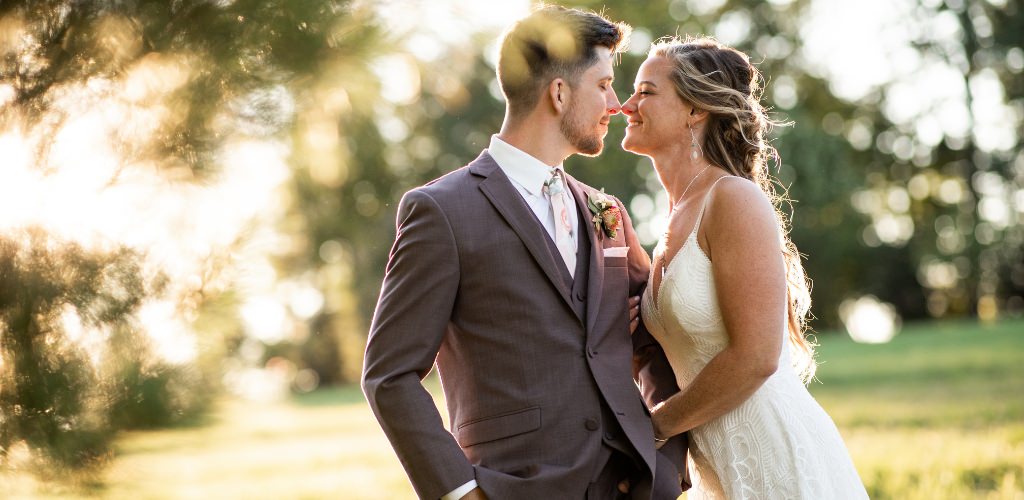
3. Marriage License Fee: The Must-Have Wedding Expense
You can’t get married without a marriage license…it’s the one non-negotiable wedding expense! Costs vary depending on where you live, but this fee is usually small compared to other wedding expenses. Still, it’s an easy one to overlook if you’re not prepared.
How to Plan for This Expense:
- Check Local Costs: Look up your state or county’s marriage license fee ahead of time. It can range from $25 to $100 or more, depending on your location.
- Budget for It Early: Add the fee to your wedding budget checklist so it doesn’t slip through the cracks.
- Gather Your Documents: Most places require IDs and other paperwork, so make sure you have everything ready before heading to the courthouse.
- Plan Ahead: Some areas have waiting periods or expiration dates for marriage licenses. Double-check the rules so you don’t run into timing issues.
It’s a small expense, but it’s essential to making your marriage legal. Don’t let this one sneak up on you!
4. Undergarments: The Secret Expense for Your Dream Look
The right undergarments can make a big difference in how your wedding dress fits and feels. But these extra pieces, like corsets, bustiers, or shapewear, can quickly add to your wedding budget if you’re not prepared.
How to Plan for This Expense:
- Ask the Seamstress: Check if bra cups or shapewear can be sewn into your dress during alterations. This might save you from buying extra pieces.
- Shop Early: Start looking for undergarments as soon as you pick your dress so you have time to find sales or discounts.
- Keep It Simple: Avoid over-the-top or overly expensive pieces unless absolutely necessary. Sometimes less is more!
Planning ahead for undergarments ensures you’ll look amazing without blowing your budget!
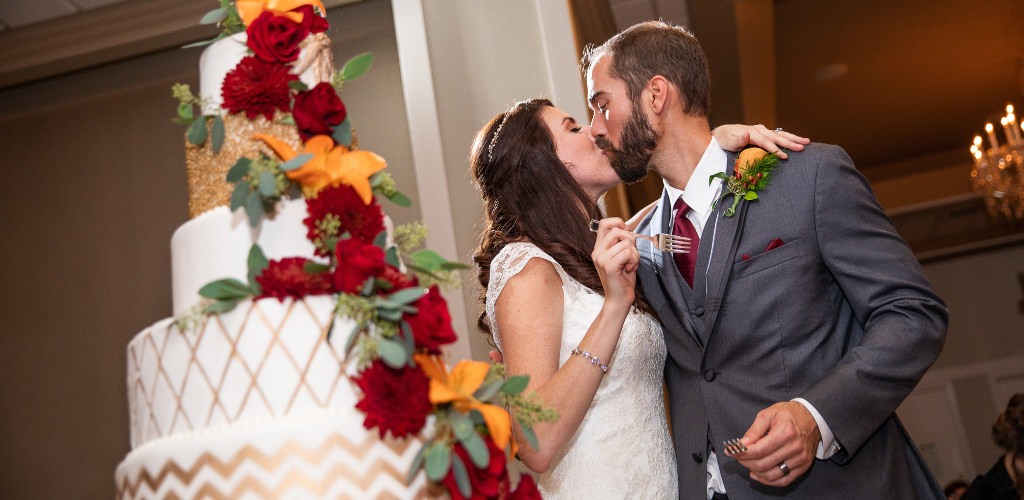
5. Overtime Fees: The Cost of Keeping the Party Going
Your wedding day can fly by, and it’s easy to lose track of time. If your photographer, DJ, or other vendors work past the hours in their contract, you’ll likely be charged overtime fees. These costs can stack up fast if you’re not careful!
How to Plan for This Expense:
- Know the Time Limits: Review your vendor contracts carefully to see how many hours are included and what the overtime rate is.
- Book Extra Time: If you think your timeline might run long, add an extra hour or two when booking. It’s often cheaper than paying overtime later.
- Stick to the Schedule: Work with your planner to create a realistic timeline and keep everything moving smoothly on the big day.
- Front-load the reception : Make sure all important events (special dances, speeches, cake cutting, etc.) are done at the front half of the reception. This way you won’t get stuck paying your photo/video team an hour of overtime just to capture something like cake-cutting.
Planning ahead can save you from expensive surprises at the end of the night!
6. Taxes and Gratuities: The Sneaky Add-Ons That Add Up
It’s easy to forget that taxes and gratuities can tack on a big chunk to your overall wedding costs. From catering to photography, these fees are often not included in the initial quotes, leaving couples surprised when the final bill arrives.
How to Plan for This Expense:
- Ask Upfront: Confirm with each vendor whether taxes and gratuities are included in their pricing or if they’re extra.
- Budget for It: Set aside at least 15-20% of your vendor costs for gratuities and taxes, just to be safe.
- Consolidate Payments: If possible, pay one lump sum to vendors to save on processing fees or additional charges.
- Prepare Tips in Advance: Have envelopes with cash or checks ready on the wedding day to avoid scrambling at the last minute.
Being prepared for these often-overlooked fees can help you stay within your budget and avoid any awkward surprises!
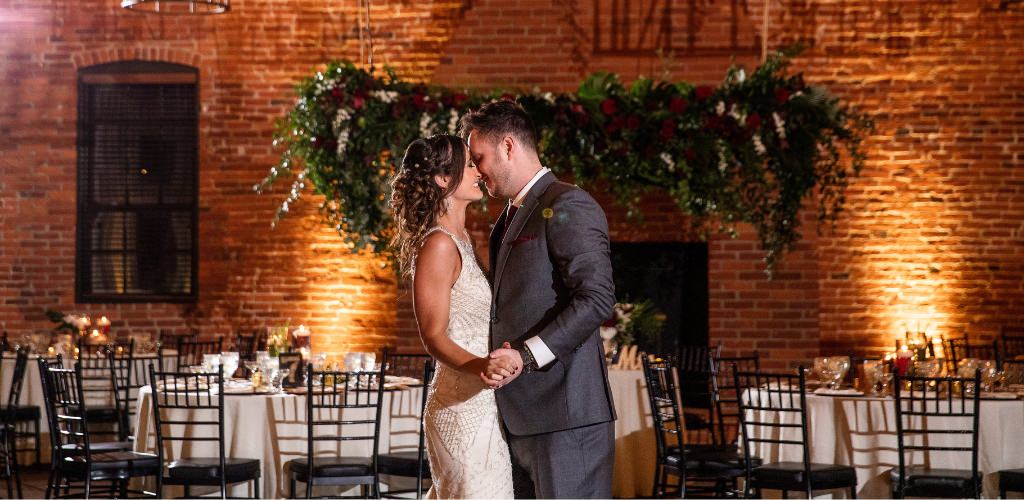
7. Insurance: Peace of Mind for Your Big Day
Wedding insurance might not seem necessary, but it can be a lifesaver if something unexpected happens. It covers things like venue damage, cancellations, or accidents. Plus, some venues require it, so it’s important to check early on.
How to Plan for This Expense:
- Check Venue Requirements: Ask your venue if they require wedding insurance and what kind of coverage they need.
- Shop Around: Compare prices from different insurance providers to find the best deal. Basic policies can range from $125 to $550.
- Know What’s Covered: Read the policy carefully so you understand what’s included and what’s not. This helps avoid surprises later.
- Decide If You Need It: If your venue or vendors don’t require it, weigh the risks before deciding whether to skip it.
While it’s an added cost, insurance can provide valuable protection and peace of mind for your special day.
8. Vendor Trials: Testing the Look Before the Big Day
Trial sessions for hair, makeup, and even florals are a great way to ensure you’ll love the final result. However, these trials can come with extra fees, especially if you make multiple changes or need additional sessions.
How to Plan for This Expense:
- Ask About Fees Upfront: Confirm with your stylist or vendor whether trials are included in their pricing or if they cost extra.
- Limit the Changes: Be clear about what you want during the trial to avoid needing multiple sessions.
- Bundle Services: Some vendors offer discounted packages that include trials—ask about options when booking.
- Skip the Trial: If you’re confident in your vendor’s work, you can skip trials to save money, but know it’s a bit of a risk.
Planning ahead and communicating clearly with your vendors can help you avoid surprises and stick to your budget!
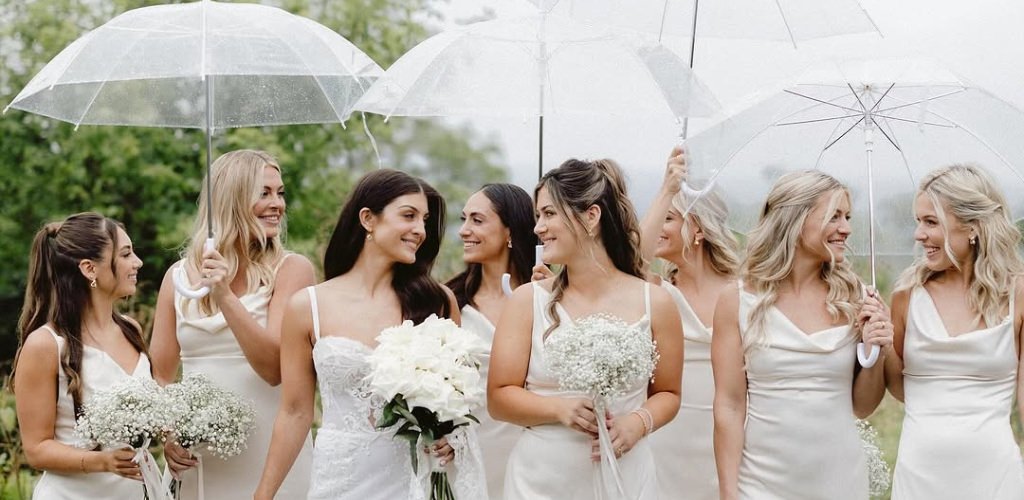
9. Weather-Related Items: Preparing for the Unexpected
Outdoor weddings are beautiful, but unpredictable weather can lead to last-minute purchases like umbrellas, blankets, or sunscreen. These small costs can add up quickly if you’re not prepared.
How to Plan for This Expense:
- Check the Forecast: Keep an eye on the weather leading up to your wedding and have a backup plan ready.
- Rent Instead of Buy: Consider renting items like heaters, tents, or umbrellas instead of purchasing them outright.
- Keep It Simple: Provide essentials only for key areas, like umbrellas for the ceremony or blankets for the seating area.
- Choose an Indoor Option: If weather prep seems overwhelming, opt for an indoor venue to eliminate this concern entirely.
Planning for the weather ensures your day stays comfortable, no matter what Mother Nature brings!
10. Cleanup and Breakdown Costs: Don’t Forget the Aftermath
After the wedding day fun, someone has to clean up…and this can come with unexpected fees if your venue doesn’t include it. Garbage removal, cleaning services, and late-night breakdowns can all add to your bill if you’re not prepared.
How to Plan for This Expense:
- Check Your Contract: Find out if cleanup and breakdown are included or if you’ll need to pay extra.
- Hire a Cleanup Crew: If your venue doesn’t provide this service, look for a local cleanup company or ask your planner for recommendations.
- Plan for Same-Day Cleanup: Many venues require everything to be cleared out the same night, so factor this into your timeline and budget.
- Enlist Help: If you’re on a budget, ask friends or family to pitch in for smaller tasks like gathering decorations or taking out trash.
Having a plan for cleanup keeps the end of your big day stress-free!
11. Event Rentals: The Hidden Cost of Non-Inclusive Venues
If your venue isn’t all-inclusive, you’ll likely need to rent essentials like tables, chairs, linens, and silverware. These items might not seem like a big deal, but they can quickly add up if you’re not prepared.
How to Plan for This Expense:
- Ask What’s Included: Before booking your venue, get a detailed list of what’s provided and what you’ll need to rent.
- Shop Around: Compare rental companies to find the best deals. Some might offer package discounts for multiple items.
- Prioritize Must-Haves: Focus on renting only the essentials…skip extras like fancy chargers or specialty chairs if they’re not in the budget.
- Negotiate: Some venues partner with rental companies and can offer discounts, so don’t be afraid to ask.
By budgeting for rentals early, you can avoid last-minute sticker shock and ensure your venue is fully equipped.
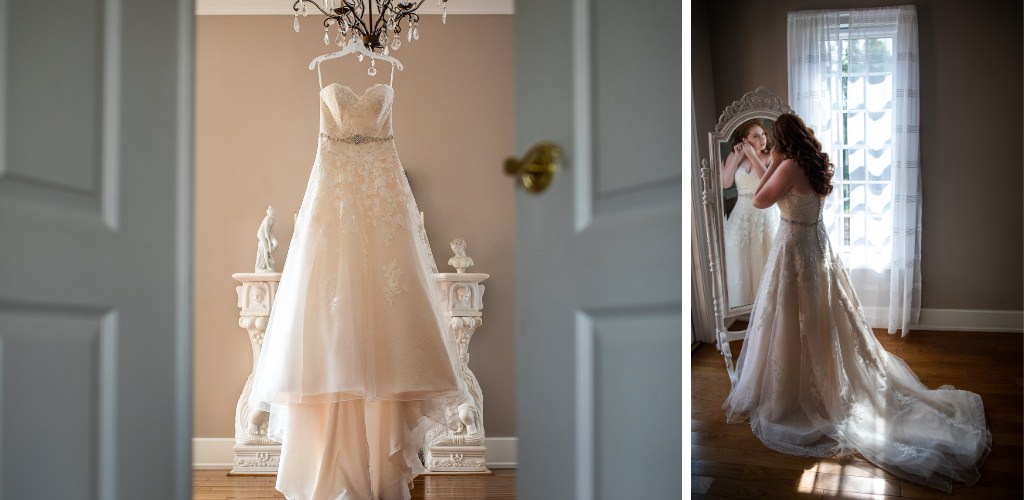
12. Wedding Dress Alterations and Steaming: The Real Cost of the Perfect Fit
Your dream dress likely won’t fit perfectly right off the rack. Most wedding dresses need alterations, and steaming is a must to make it look flawless on your big day. These extra services often aren’t included in the price of the dress.
How to Plan for This Expense:
- Ask Before You Buy: Check what the store charges for alterations and steaming before purchasing your dress.
- Budget for It: Set aside $100-$500 for alterations, depending on the complexity of the work needed.
- Consolidate Services: Find a seamstress who can handle both alterations and steaming to save time and money.
- Limit the Changes: Choose a dress that fits well to start with and requires minimal alterations.
By planning for these costs early, you’ll ensure your dress fits like a glove without unexpected expenses!
More Wedding Planning Tips and Ideas
Here are a few more wedding planning blog posts that you might find helpful when planning your wedding:
- 12 more unexpected wedding expenses
- How to pay for your own wedding
- How to save money on your wedding
- Planning a wedding from start to finish



